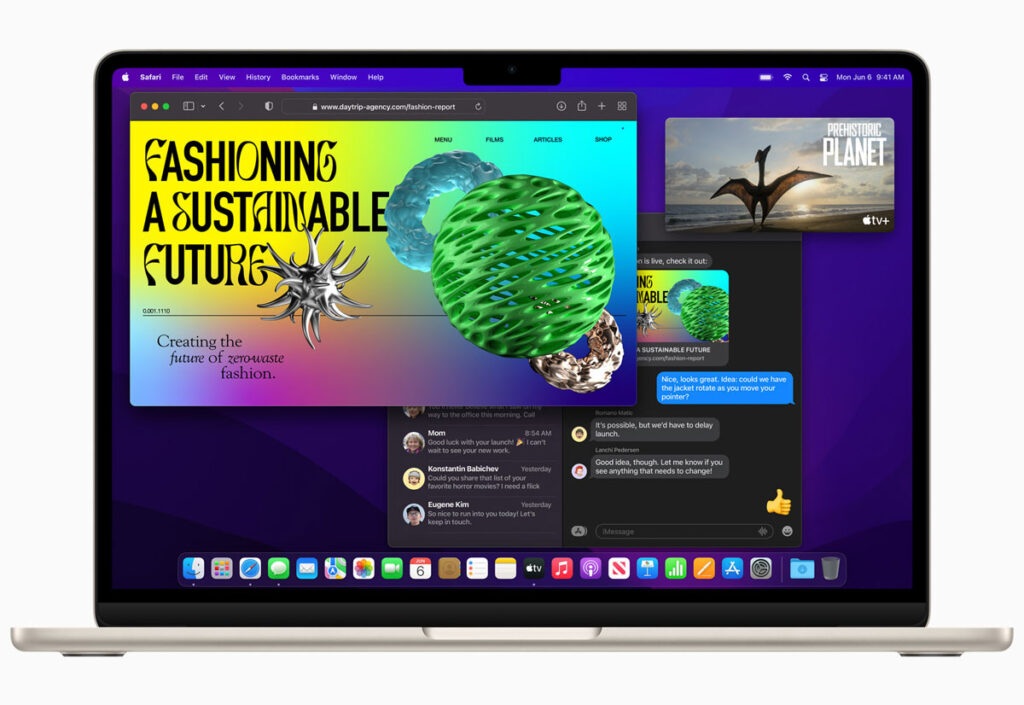The production of MacBook Air 15″ panels would already be underway. Production of the display panels for the future MacBook Air 15″ has been underway since February, increased in March, and a further increase in production rates is expected for April. This was reported by display analyst Ross Young in a tweet for subscribers to his account
Will all iPhone 15s use the latest generation OLED screens?
Production of the new machine according to Young would be underway; the analyst reports that he does not know how to indicate the precise launch timing but assumes that the presentation could take place “in late April / early May”.
Previously Young had assumed April as the launch of the MacBook Air 15″, but the estimated launch timing indicated above would have proved too optimistic and production still needs some time.
According to the Macrumors website, at this point a spring event for the launch of the new MacBook Air is unlikely, as is the presentation with a simple press release.
Since the annual developer conference (WWDC) is not far away, it makes sense to hypothesize the possible presentation in the Worldwide Developers Conference keynote on June 5, with the machine actually available shortly thereafter.

The 15″ MacBook Air that we should see at this point in June will join the 13.6″ version. Previous rumors refer to a 15.6″ display, an element that would make the machine similar in terms of size to the old 15.4″ MacBook Pro. The new Air should be a cross between the 13.6″ Air and the 16″ MacBook Pro, designed for those who want a thin, light and more affordable machine, without having to choose by force a Pro machine to have a bigger display.
From a design point of view, the 15″ Air should be similar to the current M2 model, for which a refresh is also planned. It remains to be understood which chip Apple will use: it could use the current generation of M2 and M2 Pro, and the use of M3 chips cannot be excluded, provided that these are already ready to be used in new machines. According to rumors circulated in early February this year, Apple would have monopolized the entire production capacity for TSMC’s next-generation chips.


